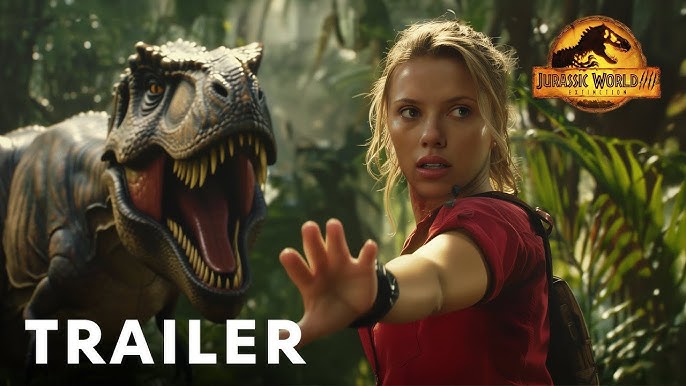
Jurassic World A Dinosaur Adventure
Jurassic World is a science fiction adventure film released in 2015, serving as a sequel to Steven Spielberg’s 1993 film Jurassic Park. Set 22 years after the events of the original film, Jurassic World takes place on the fictional island of Isla Nublar, where a new dinosaur theme park has been built.
A New Era of Dinosaurs
Jurassic World introduces a new generation of dinosaurs, including the genetically engineered hybrid dinosaur, the Indominus rex. This apex predator escapes its enclosure and wreaks havoc on the island, forcing the park’s staff to confront the dangers of genetic engineering and the unpredictable nature of dinosaurs.
A Nod to the Past
The film pays homage to the original Jurassic Park by featuring iconic characters like Dr. Alan Grant and Dr. Ian Malcolm. Their return to the island adds a nostalgic element to the story and provides a connection to the original trilogy.
The Impact of Jurassic World
Jurassic World was a massive commercial success, breaking box office records and spawning a successful franchise. The film’s impact can be seen in various areas:
- Popular Culture: The film has had a significant cultural impact, inspiring countless merchandise, video games, and theme park attractions.
- Scientific Advancements: The film has sparked renewed interest in paleontology and genetic engineering.
- Ethical Debates: The film raises ethical questions about the consequences of genetic engineering and the responsibility of scientists.
The Jurassic World franchise has continued to evolve with sequels like Jurassic World: Fallen Kingdom and Jurassic World Dominion. These films explore themes of corporate greed, dinosaur conservation, and the balance of nature.
With its thrilling action sequences, stunning visual effects, and thought-provoking themes, Jurassic World has captured the imaginations of audiences worldwide. As the franchise continues to grow, it promises to deliver more exciting dinosaur adventures.




